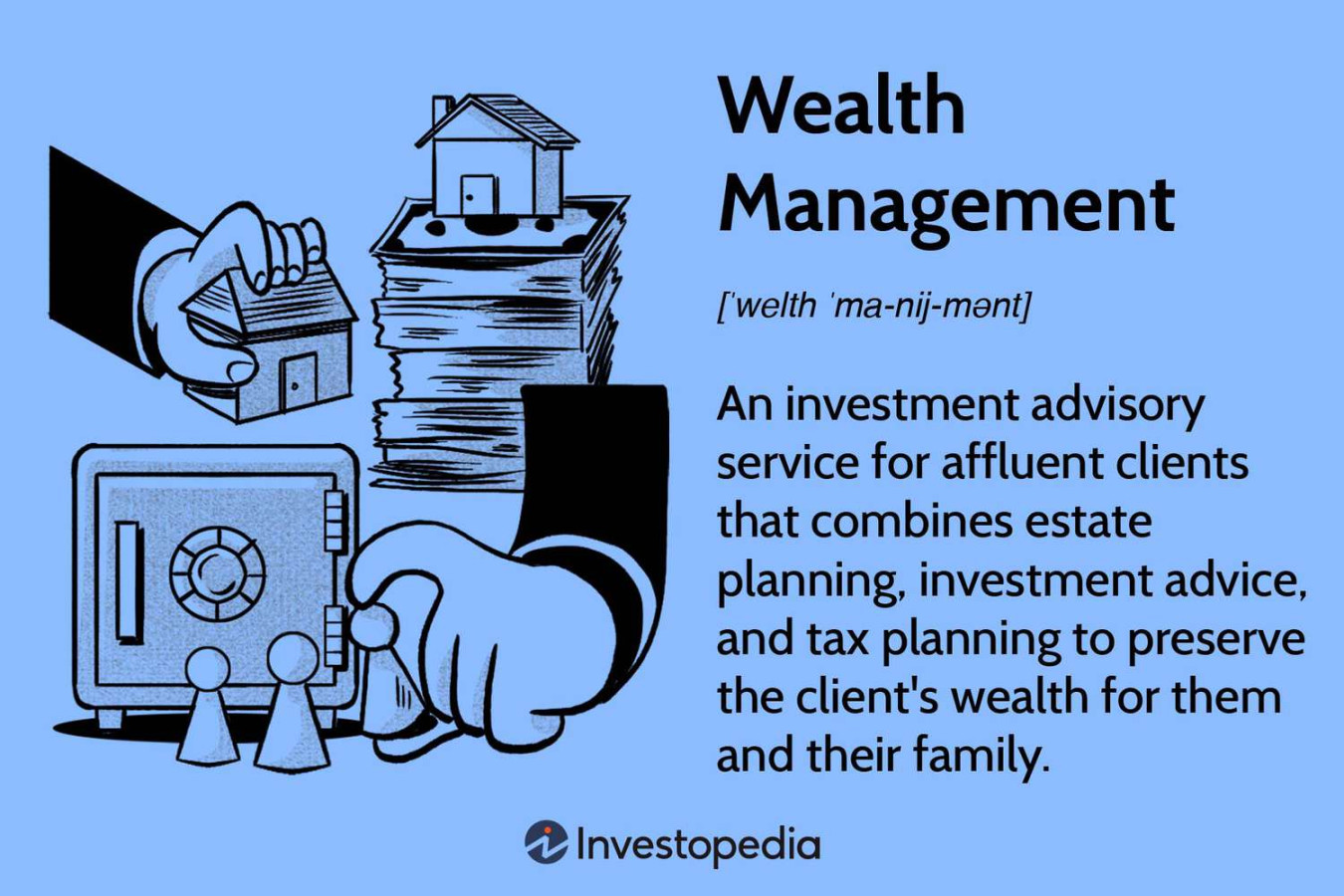Welcome to our website! We offer a wide variety of profitable financial management of all ages. Our financial page is perfect for financial and management activities in the modern era like now. Everyone needs financial intelligence to survive and have a stable economy. This can also be beneficial for young people, they are our next generation in the future. By instilling sensitivity to financial management, they will be able to compete in the future.
We have a variety of financial pages to choose from, including investing in stocks, gold, crypto and more. We also have a financial application page that can be used to help manage your finances. Everything on this page discussing how to manage finances is free to download and print.
Financial Advisors and Wealth Management: Your Guide to Growing and Protecting Your Assets
Financial security is a top priority for many people. But achieving it, especially in today’s complex financial landscape, can be challenging. This is where financial advisors and wealth management come in.

What is a Financial Advisor?
A financial advisor is a licensed professional who provides financial planning and investment management services. They work with clients to understand their financial goals, risk tolerance, and investment time horizon. Based on this information, they develop personalized financial plans that recommend investment strategies, retirement planning solutions, and other tools to help clients achieve their financial objectives.
There are different types of financial advisors, each with their own area of expertise. Some specialize in retirement planning, while others focus on estate planning or tax strategies.
What is Wealth Management?
Wealth management is a broader approach to financial planning that goes beyond just investments. It encompasses a comprehensive strategy that considers all aspects of a client’s financial life, including:
Investment management: Developing and managing investment portfolios to grow wealth and meet financial goals.
Wealth managers typically work with high-net-worth individuals and families who have complex financial needs. They often have access to a wider range of investment options and financial planning tools than general financial advisors.
How to Choose a Financial Advisor or Wealth Manager
Finding the right financial advisor or wealth manager is crucial for your financial success. Here are some key factors to consider:
Qualifications and experience: Look for an advisor with the appropriate licenses and certifications relevant to your needs. Consider their experience level and track record.
Benefits of Working with a Financial Advisor or Wealth Manager
There are numerous benefits to working with a qualified financial advisor or wealth manager, including:
Personalized financial planning: They create a financial plan tailored to your unique circumstances and goals.
Conclusion
Financial advisors and wealth managers play a vital role in helping individuals and families achieve their financial goals. By providing personalized financial planning, investment expertise, and ongoing guidance, they can help you grow and protect your wealth over the long term.
Frequently Asked Questions (FAQs)
Whether you need a financial advisor or wealth manager depends on your financial situation and goals. If you have a relatively simple financial life and are comfortable managing your own investments, you may not need professional help. However, if you have complex financial needs, a significant amount of wealth, or lack the time or knowledge to manage your finances effectively, a financial advisor or wealth manager can be a valuable asset.
The fees charged by financial advisors and wealth managers can vary depending on their experience, qualifications, and the services they provide. Some advisors charge a commission on investments they recommend, while others charge a flat fee or hourly rate. It’s important to understand the fee structure before working with an advisor.
There are many different types of financial advisors, each with their own area of expertise. Some common types include certified financial planners (CFPs), registered investment advisors (RIAs), and stockbrokers.
There are several ways to find a good financial advisor or wealth manager. You can ask friends, family, or colleagues for recommendations. You can also search online directories or contact your local financial planning association. Once you have a few potential candidates, schedule consultations to discuss your
Thank you for reading this article to the end. Don’t forget to visit this website again and share this article financial advisors wealth management for your friends. We always try to present the best for our visitors, there are many other interesting articles, such as :